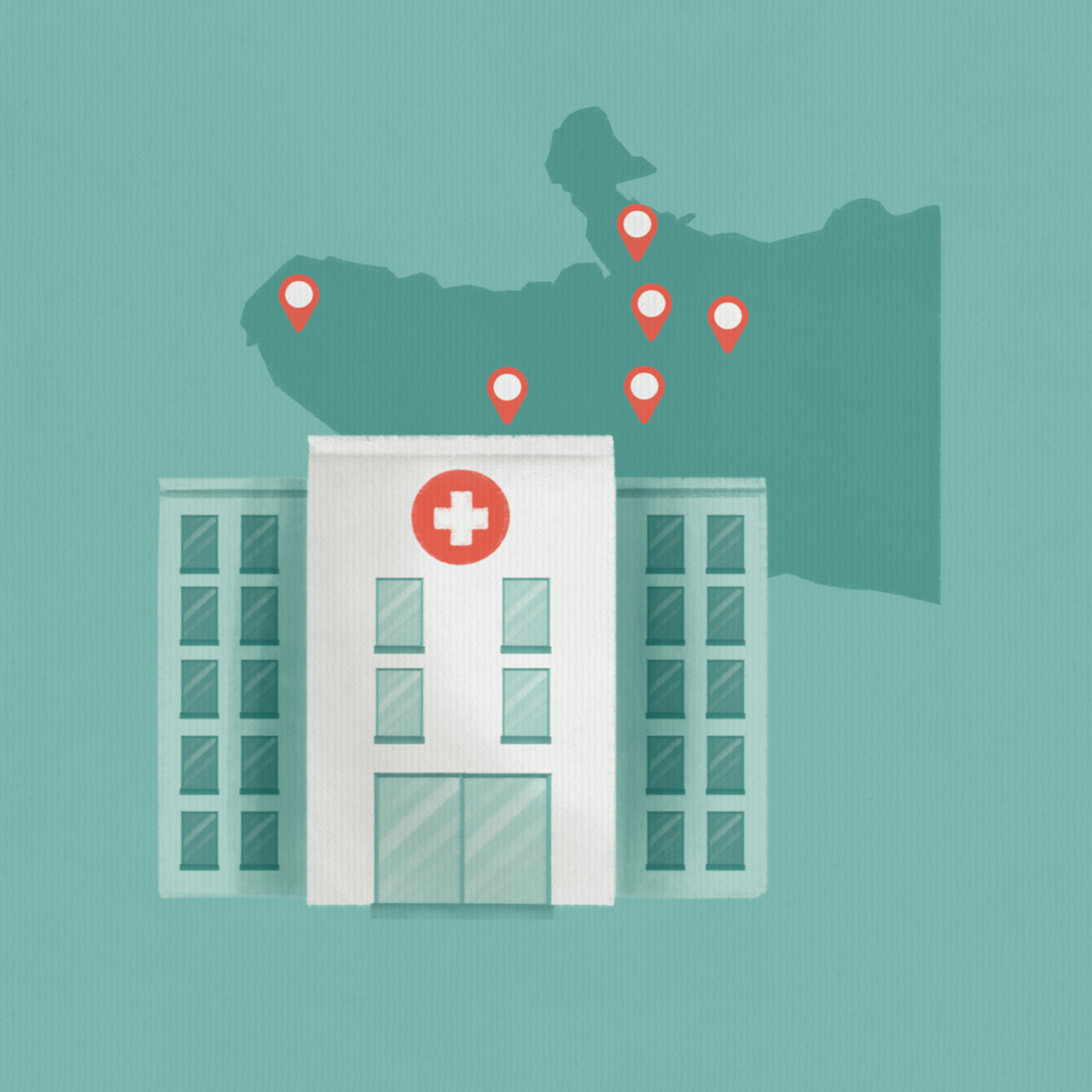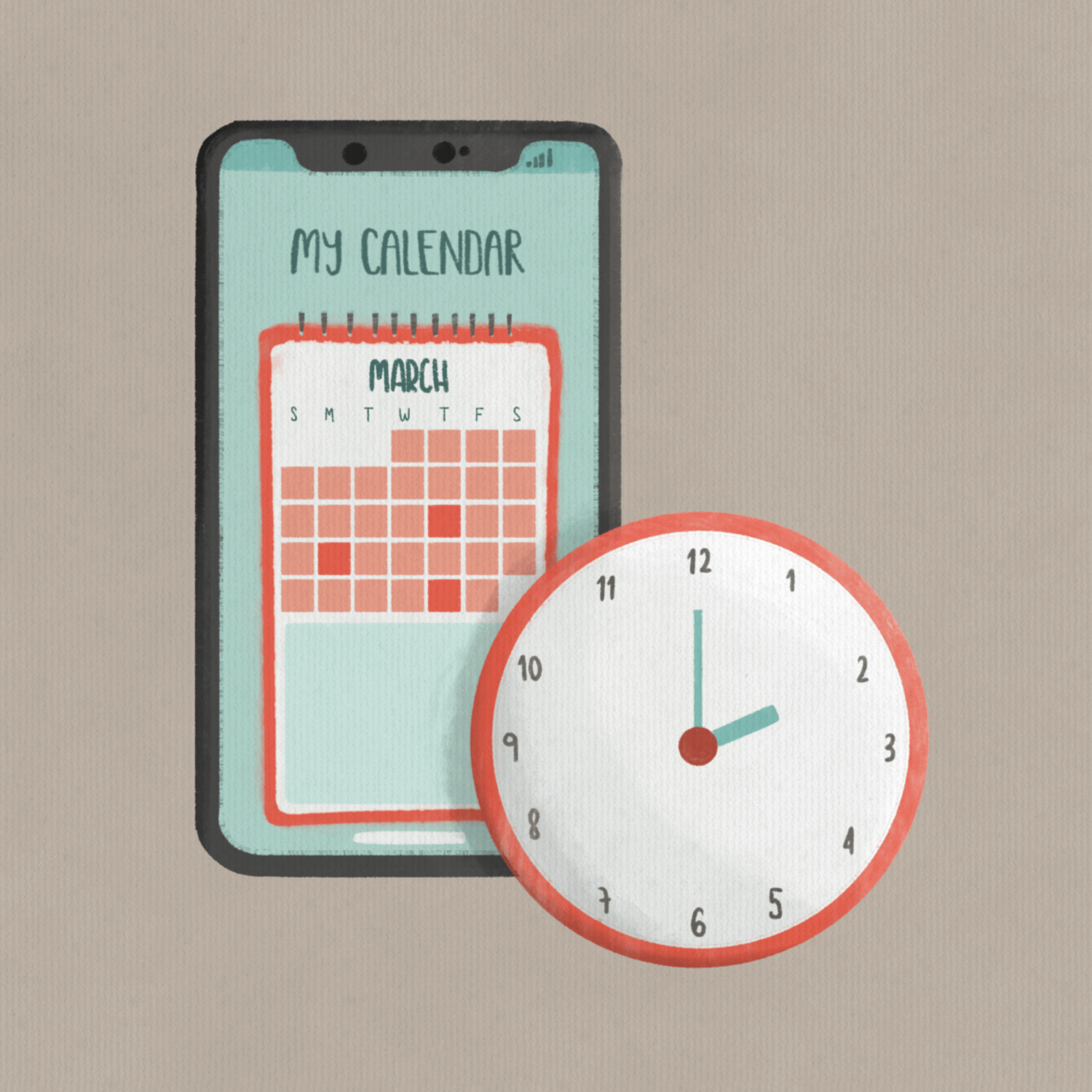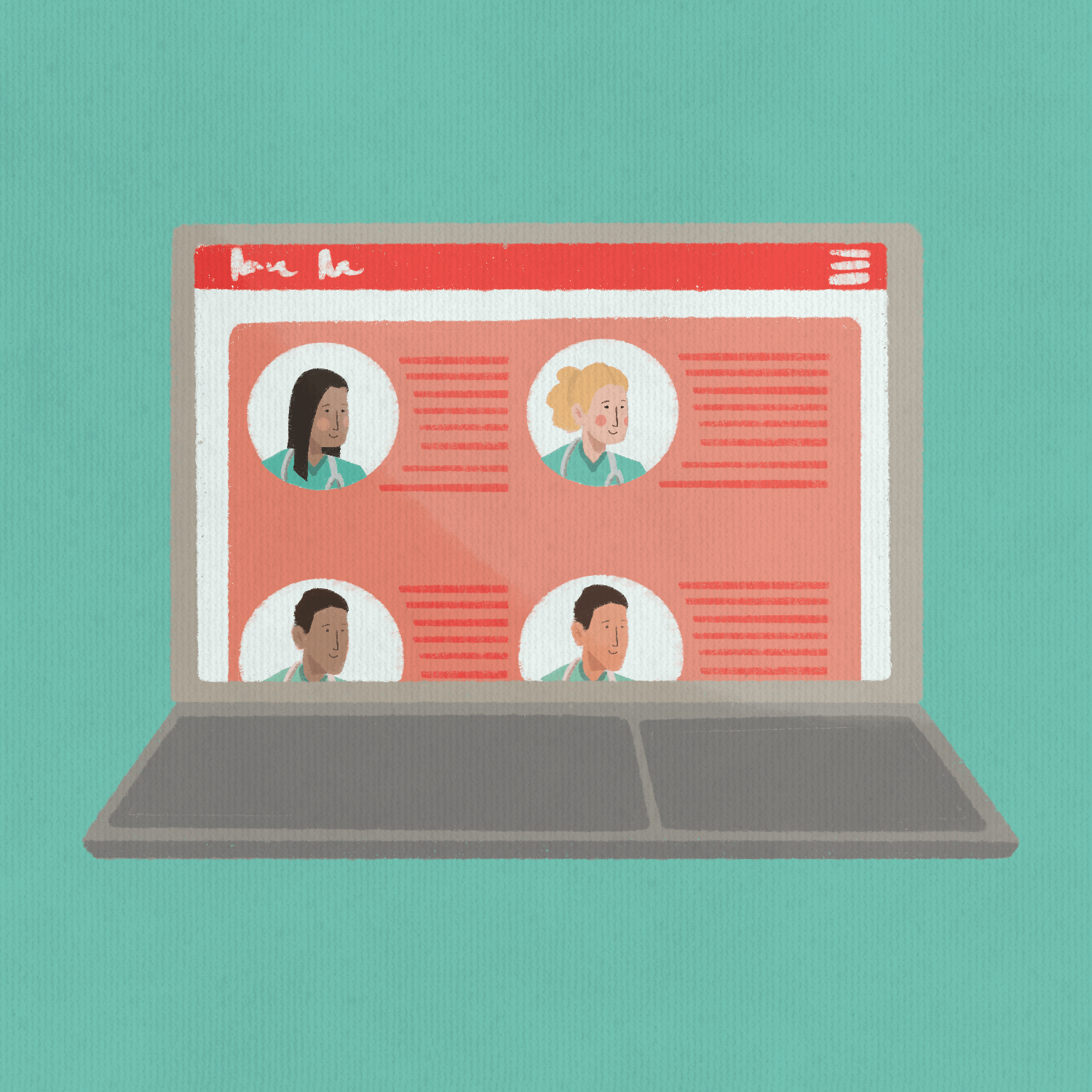Pregnancy Vancouver
Labour and Birth
You're almost there —congratulations! As you, your body and your baby prepare for this final stage, we hope you have the resources you need. Bringing your baby into the world is an extraordinary experience for all involved! Along the way, you have a team of healthcare professionals ready to support you.


Essentials for Your Labour and Birth
A quick overview of key milestones, decisions, and health tips for your labour and birth. Explore the sections below for more details on what to expect and how to prepare.
Decisions to Make (Part one)
When to Go to the Hospital or Birth Location
- Discuss with your provider the signs of active labour (e.g., contractions at regular intervals, water breaking, etc.).
- Know who to call and when (especially if your labour progresses quickly).
Pain Management Options
- Consider if you want an epidural, nitrous oxide (laughing gas), or other medical or non-medical pain relief methods.
- Discuss preferences with your care team or doula in advance.
Support People
- Decide who will be with you during labour (partner, doula, family members).
- Confirm visitor policies at your chosen hospital or birth centre.
Decisions to Make (Part two)
Birth Plan Flexibility
- Outline your birth preferences (e.g., positions for labour, use of birthing ball, intermittent vs. continuous fetal monitoring).
- Be flexible: your birth plan may change based on medical needs.
Hospital Stay & Going Home
- When do you want to go home after birth? Discuss typical stay length with your provider (often 24–48 hours for uncomplicated vaginal births, longer for caesarean section births).
- Make a plan for checkups after you leave the hospital.
Health Check
Throughout labour and in the immediate postpartum period, your healthcare team will monitor:
- Vital Signs: Blood pressure, heart rate, temperature.
- Contractions: Frequency, duration, and intensity.
- Fetal Heart Rate: Monitored regularly.
- Progress of Labour: Cervical dilation and effacement (thinning out), baby’s position and movement.
After Delivery
- Recovery Period: You’ll be observed post-birth to ensure stable blood pressure and bleeding.
- Emotional Well-Being: It’s normal to have a surge of emotions. Let your team know if you feel overwhelmed or need additional support.
Tests and Labs
Newborn Tests
- Blood Tests: A heel-prick (often called the “Newborn Screening Test”) checks for various conditions (24 rare genetic conditions). A bilirubin test will also be taken to check for newborn jaundice.
- Heart Screening: Pulse oximetry (no pokes! a scan on the baby’s wrist) to ensure normal heart function.
- Hearing Test: A painless test using vibration in baby’s ear. Occasionally done after discharge in certain cases.
Maternal Tests
- If complications arise (e.g., postpartum hemorrhage), blood tests may be taken and some repeated.
Lifestyle
Labour Comfort Measures
- Walk or change positions if mobility is safe and comfortable.
- Use a birthing ball, warm showers, or breathing exercises.
- Have a music playlist, aromatherapy (many hospitals do not allow scents), or any personal comfort items you find helpful.
Rest & Recovery
- After birth, try to rest as much as possible. Sleep when your baby sleeps!
- Ask your care team how to manage pain or discomfort.
- Begin to exercise with short walks as soon as you are comfortable.
Initial Feeding
- Most hospitals encourage early skin-to-skin contact and breastfeeding/chestfeeding within the first hour.
- If you plan to formula-feed, let your care team know so they can support you.
Learn and Ask About (Part one)
Immediate Post-Birth Care
- Delayed cord clamping, if desired.
- Newborn procedures (vitamin K injection, eye ointment if relevant in your region—ask your provider about local policies).
Hospital Policies
- Visiting hours and who can stay with you overnight.
- Rooming-in with your baby (usually encouraged).
Follow-Up Appointments
- Plan for checkups after going home:
- Public Health Nurse visits or calls (often within a few days).
- Midwife home visits if you have midwifery care.
- Appointment with your Family Doctor or Obstetrician if needed.
Learn and Ask About (Part two)
Baby’s First Days
- Feeding support: Lactation consultant availability.
- Diapering and normal newborn care: Recognizing normal newborn behaviors (sleep, feeding, pees, poops).
Mental Health Support
- If you filled out the Edinburgh Postnatal Depression Scale (EPDS) earlier, share concerns or changes in mood.
- Seek further help if you feel overwhelmed.
- Get help early.
Emergency Situations
- Signs of postpartum complications (fever, heavy bleeding, intense pain).
- Who to call in which situation (local hospital unit, your primary care provider, emergency services).
Decisions and Planning
There are many things to think about when planning for labour and birth. If you have other family members to care for, think about who you can call in the middle of the night for help. If you don't have a car, look for reliable services to assist you. Once you come home with your new baby, having food ready in your fridge or freezer can be helpful. To make sure you have everything covered for your labour and delivery journey, have a look at these resources and checklists.
Decisions and Planning
Birth Planning
As your due date approaches, you may experience different emotions. It’s natural to want to keep to your birth plan, but it’s important to remember that your baby has their own plans also! Your healthcare team will support your preferences, while focusing on you and your baby’s well-being. Take comfort in knowing everyone involved is working together to keep you and your baby safe. Explore these reliable resources to help you feel prepared (and present) for your labour and birth.

Decisions and Planning
Where to Give Birth in Vancouver
If you want a sense of what to expect when you give birth in a hospital, you can watch video tours of both BC Women’s Hospital and St. Paul’s Hospital. (*Popcorn not included)

Decisions and Planning
Decisions to Prepare For
As you approach the birth of your baby, there are important decisions to consider. These may include whether you want to donate or bank your baby’s cord blood or tissue, whether you want to have your baby boy circumcised and what tests are available for your baby after birth. Talking to your maternity provider can help you make choices that suit you best. To learn more, look at the resources we’ve selected for you.

Decisions and Planning
Thinking Ahead?
The time has come to welcome your little one and embark on your journey together! Before you head home, it’s important to make sure that both you and your baby are healthy and ready. Scheduling regular checkups (which we list in our Postpartum and Newborn sections) with your maternity provider will help monitor your well-being and your baby’s growth. To support you during this new chapter of life, we’ve gathered some helpful resources to provide additional guidance.

Tests, Labs and Appointments
During this stage of your pregnancy, there are still tests that may be done. These help monitor you and your baby's health. Some checks are to see if your water broke, how your labour is progressing or how your baby is doing during labour. To learn more, talk to your maternity provider. We've also gathered helpful resources to support you during your labour and birth journey.
Tests, Labs & Appointments
Healthcare Visit Schedule
No visit checkups are needed if it’s time for your labour and birth. Any checkups that will be needed will be unique to your circumstances. Your maternity provider will likely guide you on what these may be. If you’re not sure if it’s time yet, it’s a good idea to reach out to your provider to understand what to expect while you wait for your baby to arrive.

Tests, Labs & Appointments
Screening and Tests
After birth and before leaving the hospital, a few tests are offered to new babies. These tests include checking their blood, heart, hearing and if needed, for jaundice (high bilirubin). To get a sense of what these include, check out these helpful resources.

Tests, Labs & Appointments
Thinking Ahead?
We’re here to help you prepare for your baby’s arrival. Try to take things one thing at a time and focus on the present. As you think ahead to the next phase, we’ve gathered resources to help you feel ready and informed on what’s to come, including information about your appointments after the baby is born. Take your time to explore these resources when you’re ready. And remember, you’re not alone on this journey. Your maternity care provider and others are here to support you.

Tests, Labs & Appointments
Maternity Programs and Services
Our website offers essential information to support you throughout your journey. In addition to the services available on our platform, you may also find further support through resources like Pathways BC and BC211.

Self Care
It's important to take care of yourself during labour and birth, even though the focus is on your baby. You and your loved ones deserve to be well cared for too. This can mean eating nourishing food, having water or ice chips, creating a cozy space with your favourite music, or receiving support during pushing and birth. Looking for more ideas? Check out our resources on prioritizing your health and well-being.
Self Care
You Have Got This
You Are Ready
During this phase, you may be eagerly waiting for your baby’s arrival or it may surprise you when it happens. Whatever the case, we hope you feel supported! Taking care of yourself in labour, just like you have been doing throughout your pregnancy, is important for your overall well-being. Take breaks when needed and communicate your needs. As you can, stay active, eat healthy, try to rest.

Self Care
Thinking Ahead?
While it may feel like the end of the journey when your baby arrives, a new chapter quickly begins! You may have questions about different types of births, how your body will heal, breast/chest feeding and more. We have gathered helpful information to guide you through this. Check out these resources to find answers and support for you, your baby and your loved ones after birth.

FAQs
If you have questions or concerns about labour and birth, remember that your maternity provider and our resources are here to support you.
FAQs
Labour
As your due date gets closer, your body will undergo changes to prepare for labour. One common change is the release of the mucus plug that seals your cervix. This can appear as a brownish or bloody discharge. You might also notice a clear fluid leak or feel your belly tighten with contractions. These changes are normal signs that your body is getting ready for labour. Your maternity provider will also discuss these with you. To learn more about what to expect, check out the reliable resources we’ve highlighted to help you during your labour and birth journey.

FAQs
Discomfort and Pain
Managing labour pain is often a common concern. During early labour, you might find relief from bouncing on an exercise ball, showering, changing positions, walking, getting a massage, or using techniques like TENS or sterile water injections. Check out this guide for more ways to manage pain. Your maternity provider will also have helpful tips. While labour pain is a natural part of the process, there are many options to help manage it.

FAQs
Birth
Birth is a celebration of new life. It can be a time to honour tradition, ceremony or connections to loved ones, ancestors or others. Whether you give birth in a hospital, at home or on traditional lands, it’s important to receive the respect and space to do what feels right for you. Resources are available if you have specific questions about positioning, pushing, other modes of birth or topics that may be more relevant to you. Your maternity provider can also offer support during the birth of your baby.

FAQs
Thinking Ahead?
As you get ready for your baby’s arrival, it’s normal to think about how to take care of them. When you’re in the hospital after giving birth, you’ll have a team of experienced professionals to support you. In addition to your maternity provider, nurses can show you how to bathe your baby and lactation consultants can help with breast/chestfeeding. Take advantage of these resources – babies don’t come with instruction manuals! We’ve reviewed some reliable resources to help you prepare for this new chapter and feel more prepared for your baby’s arrival.

Check In With Your Pelvic Health
Take a few minutes to learn more about your body. This short, interactive quiz helps you understand your pelvic floor health and guides you to resources for every stage of pregnancy and postpartum.





